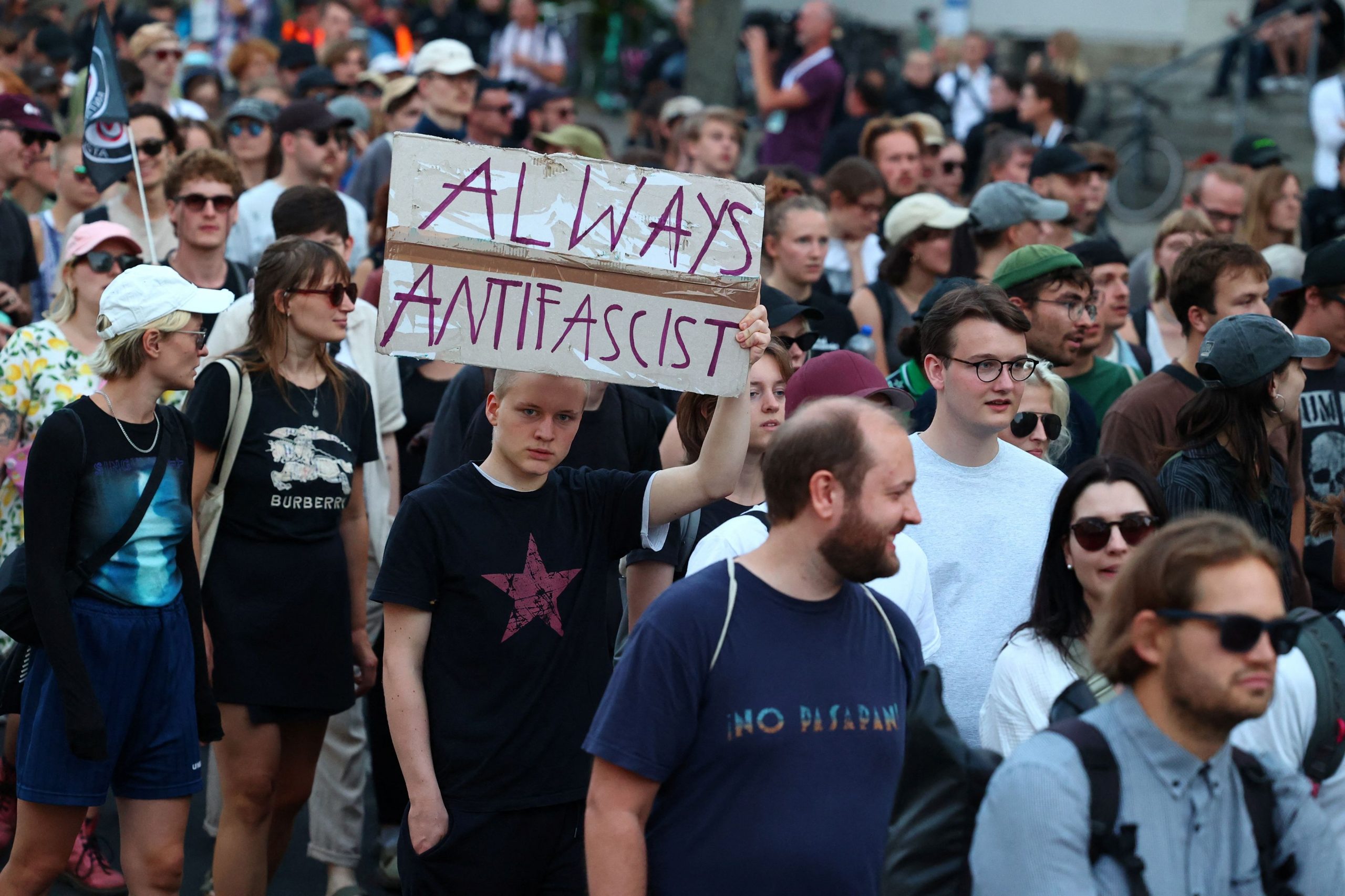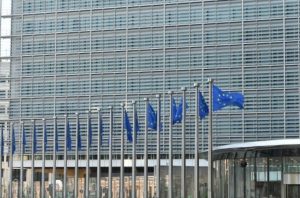On the evening of the German election, observers unanimously agreed on one point: the outcome of the vote in the two eastern German states of Saxony and Thuringia represents a historic turning point. For the first time in the history of the Federal Republic of Germany, an extremist party has won a state election.
Unlike Greece or France, Germany operates under a federal system. The German constitution grants the 16 states significant powers in key policy areas. The “Länder” have their own parliaments and governments, complete with prime ministers and ministers who wield considerable authority over matters such as internal security, education, and economic policy.
The historic victory of the “Alternative for Germany” (AfD) has repercussions that extend beyond the borders of the East German states. The far-right’s triumph spells a political disaster for the established parties forming the coalition government in Berlin. The biggest losers this Sunday are the Social Democrats (SPD), the Greens, and particularly the liberal Free Democratic Party (FDP) of Finance Minister Christian Lindner, who garnered just one percent of the vote and now face the risk of political irrelevance.
The AfD has called this a “revolution in the German party system,” and regarding the political landscape in eastern Germany, this claim is no exaggeration. However, the East differs significantly from the West, where the AfD is at most half as strong as it is in the East. The result highlights how far the two parts of Germany have diverged, 35 years after unification.
“Nobody will bypass us when it comes to forming a government,” says Björn Höcke, the leader of the AfD in Thuringia. However, this is not entirely accurate: despite their clear gains, the extremists lack enough votes to form a government. The Christian Democrats (CDU), who won by a narrow margin in Saxony and placed second in Thuringia, refuse to cooperate with the right-wing extremists. In Germany, there is much discussion these days about building “protective walls” against right-wing extremism.
A coalition with the AfD remains taboo for all parties within the political establishment. The critical question is how long this defensive stance can be maintained. The AfD argues that it is undemocratic to exclude more than thirty percent of the electorate from government on principle, raising concerns about the long-term sustainability of this approach.
The dramatic nature of these shifts is evident in the results of the “Alliance Sahra Wagenknecht” (BSW), a party founded just a few months ago. Led and dominated by a former communist from eastern Germany, BSW is likely the only party in Europe to bear its founder’s name. The new group achieved double-digit results in both “Länder” and, alongside the AfD, emerged as one of the main winners of these elections. Combined, extremist or populist parties accounted for around half of the votes in Thuringia and Saxony. Notably, both parties share almost identical views on migration policy and the call to end military support for Ukraine. The AfD and BSW have successfully turned Ukraine into a dominant campaign issue, revealing how little popular support the federal government’s policies enjoy in eastern Germany.
The coming days will reveal how difficult it will be to form a government. There is already talk of the risk of ungovernability, primarily because the mainstream parties are boycotting the AfD.
Meanwhile, attention is turning to Berlin. Sunday’s regional elections were also a protest vote against Olaf Scholz’s federal government, which is particularly unpopular in eastern Germany. Increasingly, questions are being raised about whether the current Chancellor is the right candidate for the federal elections, slated to take place in a year’s time. The press has long speculated whether the popular Defense Minister Boris Pistorius should lead the SPD into the elections. A completely different question is whether the coalition of three parties can hold together for another year. Likely, the opposition will soon renew calls for early elections.
Dr. Ronald Meinardus is a Senior Research Fellow at the Hellenic Foundation for European and Foreign Policy (ELIAMEP).



